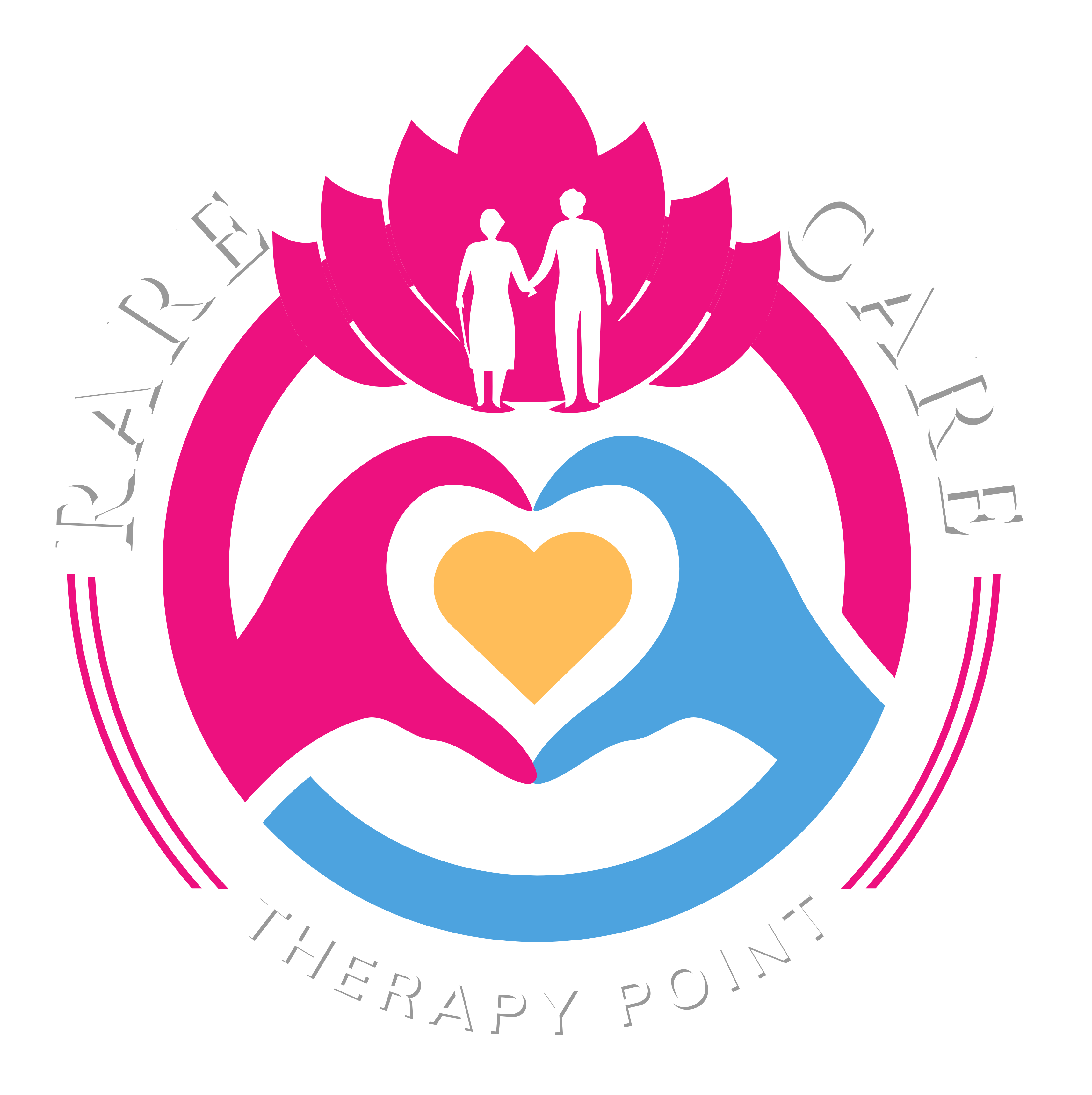Cognitive Behavioral Therapy

Cognitive Behavioral Therapy
Cognitive Behavioral Therapy (CBT) is a widely recognized and extensively practiced form of psychotherapy that focuses on identifying and transforming negative thought patterns and behaviors. It operates on the understanding that our thoughts, feelings, and actions are interconnected, influencing our overall well-being. CBT is goal-oriented and practical, aiming to help individuals develop healthier ways of thinking and responding to life challenges. Therapists work collaboratively with clients to identify negative beliefs or cognitive distortions, and then guide them in restructuring these thoughts into more realistic and constructive ones.


Advantages Of Cognitive Behaviour Therapy
Through a range of techniques and exercises, such as mindfulness, cognitive restructuring, and behavioral experiments, individuals learn to manage stress, anxiety, depression, and various mental health issues.
- CBT is a structured and time-limited therapy, typically lasting for a set number of sessions. This structure allows individuals to target specific issues efficiently and see progress within a predictable timeframe.
- CBT equips individuals with practical coping strategies and problem-solving skills. This empowerment enables them to effectively manage their emotions, behaviors, and reactions to challenging situations, both during and after therapy.
- CBT doesn’t merely treat symptoms; it delves into the underlying thought patterns and beliefs contributing to emotional distress.
- CBT involves active participation from individuals in setting goals and working collaboratively with the therapist. This engagement fosters a sense of ownership over the therapeutic process and encourages individuals to take responsibility for their mental health.
- CBT considers the interconnectedness of thoughts, emotions, and behaviors. By addressing the cognitive, emotional, and behavioral aspects, it promotes a more holistic approach to mental well-being, ultimately improving one’s overall quality of life.
